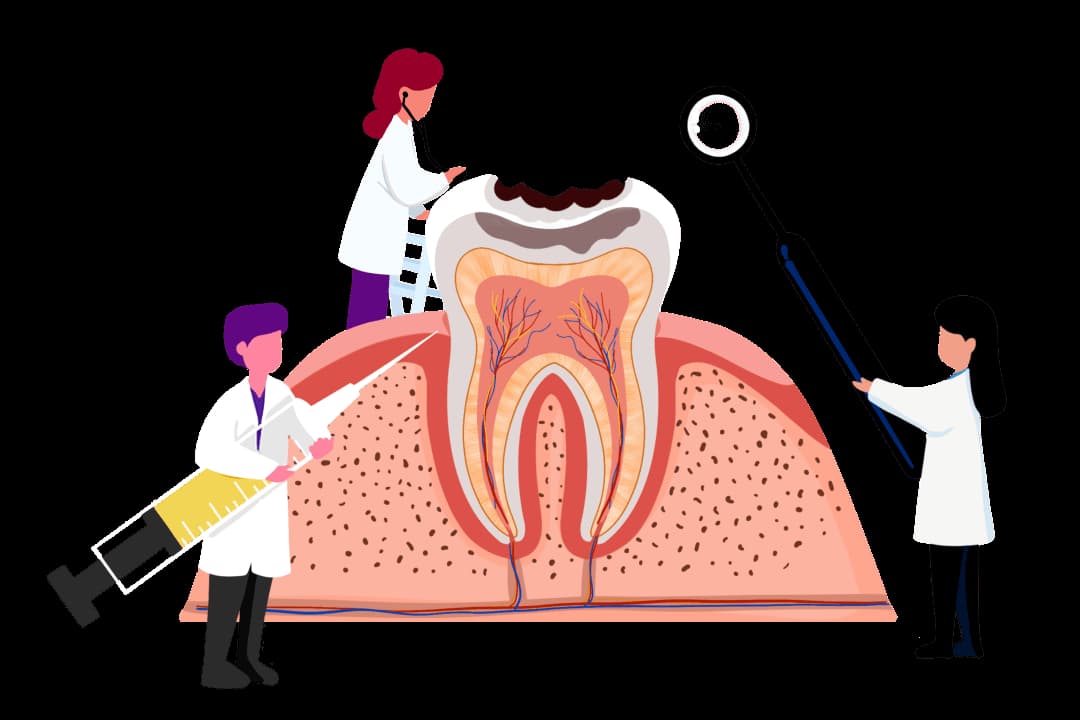Introduction
In a recent article from the Spanish website "El Confidencial," Dr. Daniel E. Lieberman, a prominent researcher from Harvard University's Department of Human Evolutionary Biology, challenges the conventional wisdom that suggests we should aim for a solid 8 hours of sleep each night. Instead, he proposes that the optimal sleep duration for humans is around 7 hours.
The Modern Time Crunch
In our fast-paced world, it often feels like there's never enough time to juggle family, self-care, and work commitments, let alone social activities. As a result, many people end up sacrificing sleep to accommodate their busy lives.
The Myth of Electronic Disruption
Dr. Lieberman asserts that the notion that modern electronic devices like TVs, lights, and smartphones disrupt our sleep patterns is unfounded. When sensors were placed on individuals living without electricity, televisions, or smartphones, it was found that they naturally slept for six to seven hours per night without daytime naps. This challenges the idea that humans are biologically wired for a consistent 8-hour sleep cycle.
Redefining the Ideal Sleep Duration
Traditionally, insufficient sleep has been linked to chronic health issues such as heart disease, kidney problems, high blood pressure, diabetes, depression, and obesity. However, Dr. Lieberman suggests that for most people, the ideal pattern is to consistently get 7 hours of uninterrupted sleep each night, and this is not detrimental to their health.
The Importance of Quality Sleep
The importance of high-quality sleep cannot be underestimated. It is not just a luxury but a fundamental requirement for maintaining overall health.
Benefits for the Brain
Quality sleep benefits our brains, as it plays a crucial role in memory consolidation, information processing, and cognitive restoration. Adequate sleep enhances our clarity of thought, decision-making abilities, attention span, and overall productivity. However, Dr. Lieberman from Harvard University points out that this rule may not apply universally to everyone.
Promoting Physical Well-being
Quality sleep also promotes physical well-being by allowing our bodies to repair and regenerate cells, tissues, and muscles during rest. It strengthens our immune system, reducing the risk of diseases and infections. A robust immune system is vital for resisting infections, viruses, and illnesses.
The Link to Psychological Health
Furthermore, the quality of sleep is closely tied to hunger and appetite regulation. Sleep deprivation disrupts the balance of hunger hormones, leading to increased cravings, especially for high-calorie and unhealthy foods.
In conclusion, Dr. Daniel E. Lieberman's research challenges the traditional notion of needing a full 8 hours of sleep each night. Instead, he suggests that for most people, 7 hours of uninterrupted sleep may be the optimal pattern for maintaining both physical and mental health. This new perspective on sleep duration encourages us to prioritize sleep quality over quantity, ultimately leading to a healthier and more productive life.




